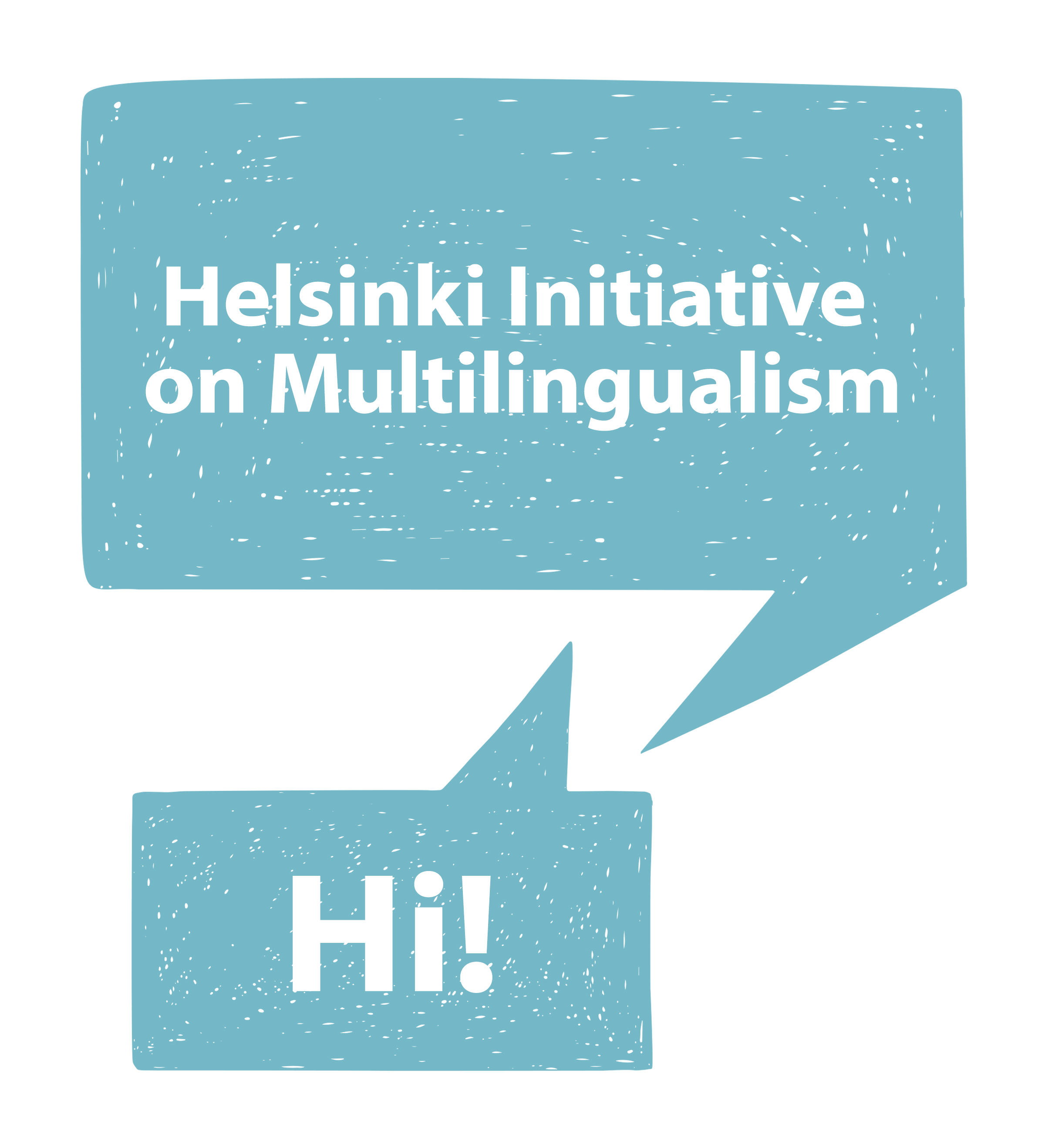Media
In this chapter published in the ENRESSH report on Overview of Peer Review Practices in the SSH, Nina Kancewicz-Hoffman and Janne Pölönen discuss challenges of language diversity and internationalisation in SSH research evaluation, as well as possible solutions and recommendations.
In this study published in the Journal of the Association for Information Science and Technology, Kulczycki et al. (2020) show that 53% of 25,365 SSH researchers from seven European countries published peer-reviewed journal articles in a three-year period (2013-15) in more than one language, ranging from 38% in Flanders (Belgium) to 69% in Slovenia.
The European Association of Science Editors (EASE) supports the Helsinki initiative promoting multilingualism in research: we call on all EASE members to commit to supporting local publishing, local editing and respect for local languages; and to advocate for recognition of the importance of local publishing of scholarly research.
In this post published in LSE Impact Blog, Elea Giménez Toledo, Emanuel Kulczycki, Janne Pölönen and Gunnar Sivertsen explain the importance of bibliodiversity to sustaining knowledge ecosystems and argue that bibliodiversity, including multilingualism, is essential to ensuring that the transition to an open book future continues to support the creation of situated knowledge.
In this Times Higher Education news piece, Gunnar Sivertsen discusses the risk that Humanities and social science academics in continental Europe are losing their social relevance if they continue to switch to English as the language of publication. Helsinki Initiative is a campaign to keep local language publishing alive.
OPERAS (open scholarly communication in the European research area for social science and humanities) supports the Helsinki Initiative to forward multilingualism in scholarly communication in the social sciences and humanities. OPERAS wants to point to the relevance of research and scholarly communication in local languages.
In this study published in Data and Information Management, Gunnar Sivertsen argues that all the communication purposes in all different areas of research, and all the languages and publication types needed to fulfill these purposes, should be considered in a holistic manner without exclusions or priorities whenever research in the SSH is evaluated.
In this joint statement, the European University Association (EUA), Universities Finland (UNIFI) and Universities Norway (UHR) strongly support the Helsinki Initiative: multilingualism in scholarly communication is particularly relevant for Europe, as its research is characterised by geographic, cultural and linguistic diversity and the common principle of excellence.
In this article published in Research Europe, Emanuel Kulczycki, Henriikka Mustajoki, Janne Pölönen and Vidar Røeggen argue that publishing in their own language remains vital for many researchers worldwide. The Helsinki Initiative highlights the value of multilingual research publishing: it maximises the chances of local impact and it is almost the only way to reach important audiences such as policymakers.
COST-Action ENRESSH supports the Helsinki Initiative with its statement “Balanced Multilingualism in Scholarly Communication”. ENRESSH argues that multilingualism in scholarly communication is an international concern. International and national research policy and evaluation regimes need to support a greater balance between the demands of international excellence and the local relevance of research.
